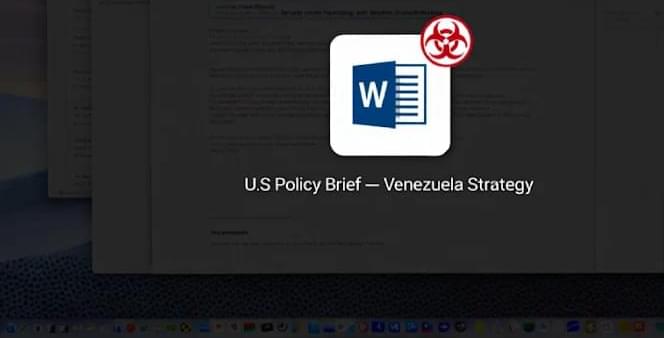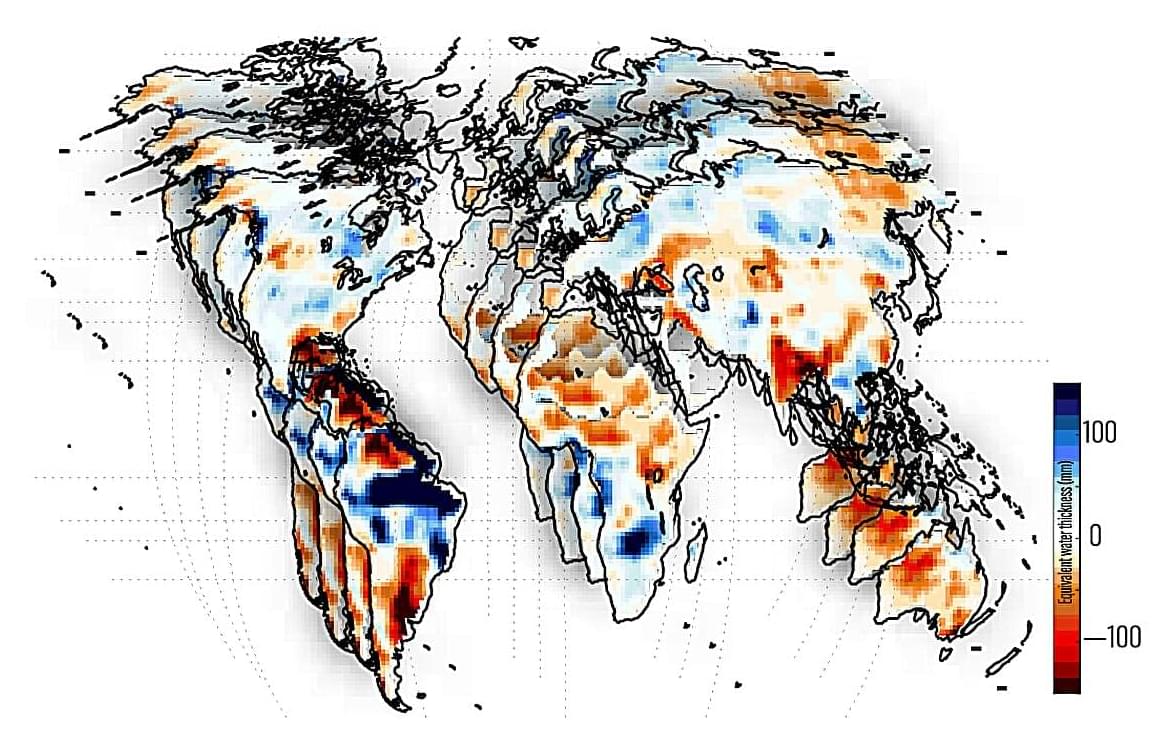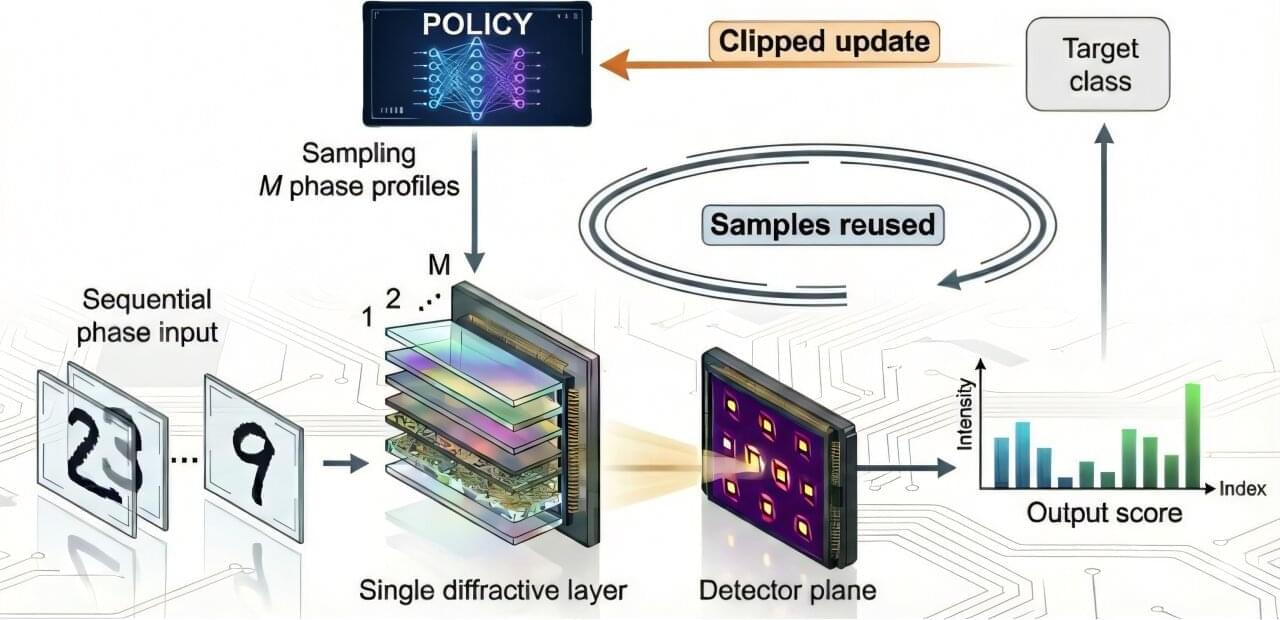Founded in 1920, the NBER is a private, non-profit, non-partisan organization dedicated to conducting economic research and to disseminating research findings among academics, public policy makers, and business professionals.


The media and tech landscape is undergoing a significant transformation driven by advancements in AI, technology, and new structures, enabling entrepreneurs and companies to achieve exponential growth and innovation ## ## Questions to inspire discussion.
Building Your Own Platform.
🚀 Q: How can writers escape traditional media constraints? A: Launch on decentralized platforms like Substack where you build your own brand and business as a “non-fungible writer”, potentially creating organizations 10x larger than traditional media companies you’d work for.
💰 Q: What makes writer-led platforms attractive investments? A: Platforms become cornerstone franchises when writers only succeed by making the platform successful, creating aligned incentives that generate significant returns while enabling top talent to build independent businesses.
📊 Q: What content opportunity exists in decentralized media? A: A barbell market is emerging with mainstream filler content on one end and massive untapped demand for high-quality niche content on the other, creating opportunities across various specialized domains.
Leveraging AI for Business.

Security experts have disclosed details of a new campaign that has targeted U.S. government and policy entities using politically themed lures to deliver a backdoor known as LOTUSLITE.
The targeted malware campaign leverages decoys related to the recent geopolitical developments between the U.S. and Venezuela to distribute a ZIP archive (“US now deciding what’s next for Venezuela.zip”) containing a malicious DLL that’s launched using DLL side-loading techniques. It’s not known if the campaign managed to successfully compromise any of the targets.
The activity has been attributed with moderate confidence to a Chinese state-sponsored group known as Mustang Panda (aka Earth Pret, HoneyMyte, and Twill Typhoon), citing tactical and infrastructure patterns. It’s worth noting that the threat actor is known for extensively relying on DLL side-loading to launch its backdoors, including TONESHELL.

Water extremes such as droughts and floods have a huge impact on communities, ecosystems, and economies. Researchers with The University of Texas at Austin have turned their attention to tracking these extremes across Earth and have discovered what is driving them.
In a recent study published in AGU Advances, the researchers found that over the past two decades ENSO, a climate pattern in the equatorial Pacific Ocean that includes El Niño and La Niña, has been the dominant driver of total water storage extremes at the global level. What’s more, the researchers found that ENSO has a synchronizing effect on water storage extremes across continents.
Study co-author Bridget Scanlon, a research professor at the Bureau of Economic Geology at the UT Jackson School of Geosciences, said that understanding how extremes unfold across the world has humanitarian and policy impacts.

President Donald Trump decided to let Nvidia Corp. sell its H200 artificial intelligence chips to China after concluding the move carried a lower security risk because the company’s Chinese archrival, Huawei Technologies Co., already offers AI systems with comparable performance, according to a person familiar with the deliberations.
Administration officials who weighed whether to clear Nvidia’s H200 had considered multiple possible scenarios, factoring in the views of national security hawks in Washington, said the person. Options ranged from exporting zero AI chips to China to allowing exports of everything to flood the Chinese market and overwhelm Huawei. Ultimately the policy backed by Trump called for clearing H200s to China while holding back the latest Nvidia chips for American customers, the person said.
Here’s my full 30-min interview from yesterday with Cenk Uygur on TYT! We cover a lot of things: superintelligence, Basic Income, my Automated Abundance Economy, and my California Governor run.
Cenk Uygur and Zoltan Istvan discuss the future of AI and California on The Young Turks. Do you agree with TYT’s take? Tell us what you think in the comments below. SUBSCRIBE today: ☞ https://go.tyt.com/ytsubscribe.
Get paid to use your phone less! Switch to Noble Mobile today: https://go.tyt.com/mobile.
CHAPTERS:
0:00 Zoltan Istvan on running as a Democrat.
0:45 Transhumanist party.
2:30 Zoltan on AI & technology.
9:50 No corporate or Israel lobby money.
10:20 Zoltan’s policy priorities.
11:40 Robots for every Californian?!
14:00 Universal basic income.
23:00 Taxing robots?!
25:50 Reaching across the aisle.
28:00 AI revolution.
🔥 Tired of corporate media? Get honest news and bold commentary with TYT.
Questions to inspire discussion.
💰 Q: What would California’s wealth tax cost super voting shareholders like Larry Page and Sergey Brin? A: The tax multiplies voting ownership percentage by market cap to value super voting shares, resulting in a punitive tax rate of up to 50% on net worth for founders with control premiums.
🏃 Q: How much wealth could leave California if the asset seizure tax passes? A: An estimated half a trillion dollars in net worth could exit the state, creating severe budget implications for California’s social programs and general budget.
📊 Q: What should entrepreneurs do to prepare for potential wealth taxes on unrealized gains? A: Maintain a liquid safety net to cover tax bills on unrealized gains, though this is impossible to plan for if stock values later decline and bankrupt the company.
2026 Business Opportunities.
🤖 Q: Which company will become the first with more robots than humans? A: Amazon is predicted to become the first company with more robots than humans driving its bottom line by 2026 as they deploy robots while keeping human hiring flat.
Questions to inspire discussion.
🎯 Q: How should retail investors approach AI and robotics opportunities? A: Focus on technology leaders like Palantir, Tesla, and Nvidia that demonstrate innovation through speed of introducing revolutionary, scalable products rather than attempting venture capital strategies requiring $1M bets across 100 companies.
💼 Q: What venture capital strategy do elite firms use for AI investments? A: Elite VCs like A16Z (founded by Marc Andreessen) invest $1M each in 100 companies, expecting 1–10 to become trillion-dollar successes that make all other bets profitable.
🛡️ Q: Which defense sector companies are disrupting established contractors? A: Companies like Anduril are disrupting the five prime contractors by introducing innovative technologies like drones, which have become dominant in recent conflicts due to lack of innovation in the sector.
⚖️ Q: What mindset should investors maintain when evaluating AI opportunities? A: Be a judicious skeptic, balancing optimism with skepticism to avoid getting carried away by hype and marketing, which is undervalued but crucial for informed investment decisions.
Tesla’s Competitive Advantages.
Why 2026 Changes Everything for Tesla, Grok & SpaceX
## Elon Musk’s companies, including Tesla and SpaceX, are expected to experience significant breakthroughs and growth in 2026, driven by advancements in AI, robotics, and space technology.
## Questions to inspire discussion.
Tesla Robotaxi & Cybercab Strategy.
🚖 Q: When will Tesla’s Cybercab production begin and what regulatory hurdle must be cleared first? A: Cybercab production is set to begin on April 1, 2026, but requires federal regulations on autonomous ride-hailing since current rules mandate steering wheels and pedals for non-experimental vehicles.
🚗 Q: How will Tesla’s robotaxis function as an advertising strategy? A: Robotaxis will serve as Tesla’s primary advertising strategy by acting as an Uber-like service that demonstrates the cars’ capabilities and encourages personal ownership, potentially reducing the need for traditional advertising.

Optical computing has emerged as a powerful approach for high-speed and energy-efficient information processing. Diffractive optical networks, in particular, enable large-scale parallel computation through the use of passive structured phase masks and the propagation of light. However, one major challenge remains: systems trained in model-based simulations often fail to perform optimally in real experimental settings, where misalignments, noise, and model inaccuracies are difficult to capture.
In a new paper published in Light: Science & Applications, researchers at the University of California, Los Angeles (UCLA) introduce a model-free in situ training framework for diffractive optical processors, driven by proximal policy optimization (PPO), a reinforcement learning algorithm known for stability and sample efficiency. Rather than rely on a digital twin or the knowledge of an approximate physical model, the system learns directly from real optical measurements, optimizing its diffractive features on the hardware itself.
“Instead of trying to simulate complex optical behavior perfectly, we allow the device to learn from experience or experiments,” said Aydogan Ozcan, Chancellor’s Professor of Electrical and Computer Engineering at UCLA and the corresponding author of the study. “PPO makes this in situ process fast, stable, and scalable to realistic experimental conditions.”